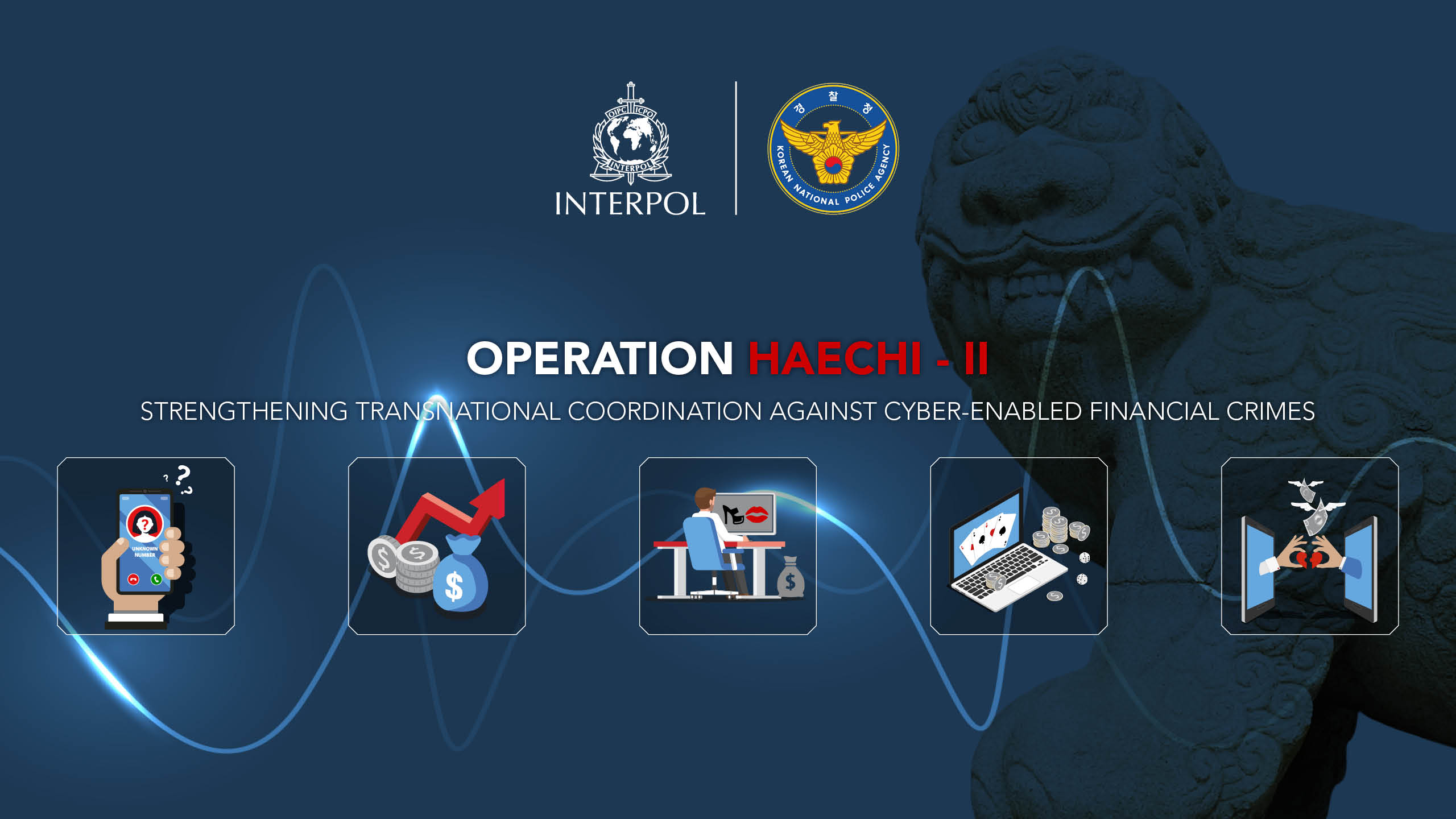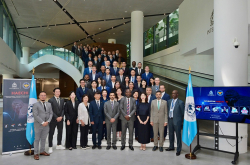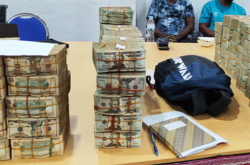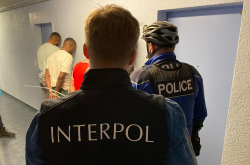Disabling cyber-enabled financial crime
We coordinate operations codenamed “HAECHI” under a project to tackle cyber-enabled financial crime supported by the Republic of Korea.
HAECHI targets five types of online fraud:
- investment fraud,
- romance scams,
- money laundering associated with illegal online gambling,
- online sextortion,
- voice phishing.
The results of the first two waves of the operation (2020-2021) show that transnational organized crime groups often exploit the borderless nature of the Internet to extract millions from their victims before funnelling the illicit cash to bank accounts across the globe.
In addition, online scams evolve at the speed of light and are committed using increasingly sophisticated modi operandi.
New global stop-payment mechanism
In response, HAECHI-II saw INTERPOL officials pilot test a new global stop-payment mechanism, known as the Anti-Money Laundering Rapid Response Protocol (ARRP). This enables more member countries to submit and handle requests to follow, intercept or provisionally freeze illegal proceeds of crime.
The mechanism proved critical to successfully intercepting substantial amounts of illicit funds in several cases throughout the operation.

Empowering police in Southeast Asia
Our capacity-building Project TORII, supported by Japan, aims to build stronger collaboration between law enforcement agencies in Southeast Asia through a series of activities on the topic of illicit financial flows.
INTERPOL Global Financial Crime Task Force
Clearly, the challenges of financial crime are significant, making cooperation across sectors essential.
INTERPOL is uniquely positioned to serve as the neutral, global platform to convene both member countries and partners from the private sector as part of a Global Task Force to tackle financial crime collectively.
Illicit financial flows underpin the vast majority of serious transnational criminal activity. Their scale and complexity make it challenging for law enforcement agencies to disrupt the flow of funds, prosecute offenders and recover criminal assets.
The challenge is further compounded by the advent of new technologies and virtual currencies, and the use of cyberspace, which make it easier for criminals to operate globally and hide their ‘criminal footprints’.
Criminal groups are able to exploit weaknesses in international cooperation, domestic legislation and online technology to conceal and facilitate illicit money flows. They do this through the use of international transfers, money mules, shell companies, cryptocurrency and other forms of money laundering.
The ongoing COVID-19 pandemic has further highlighted the speed and agility with which criminal groups exploit new opportunities to defraud individuals, companies and public funds. This includes vaccine-related fraud, fake vaccines, and fraud targeted at government financial relief programmes.
Global Conference on Criminal Finances and Cryptocurrencies
In response to the growing popularity of cryptocurrencies, and the opportunities they offer criminal groups, INTERPOL, Europol and the Basel Institute on Governance take it in turns to host a global conference on cryptocurrency-enabled crime, particularly money laundering.
Participants meet annually to share their latest experiences and build upon the public-private partnerships which are essential to tackle financial crime.










